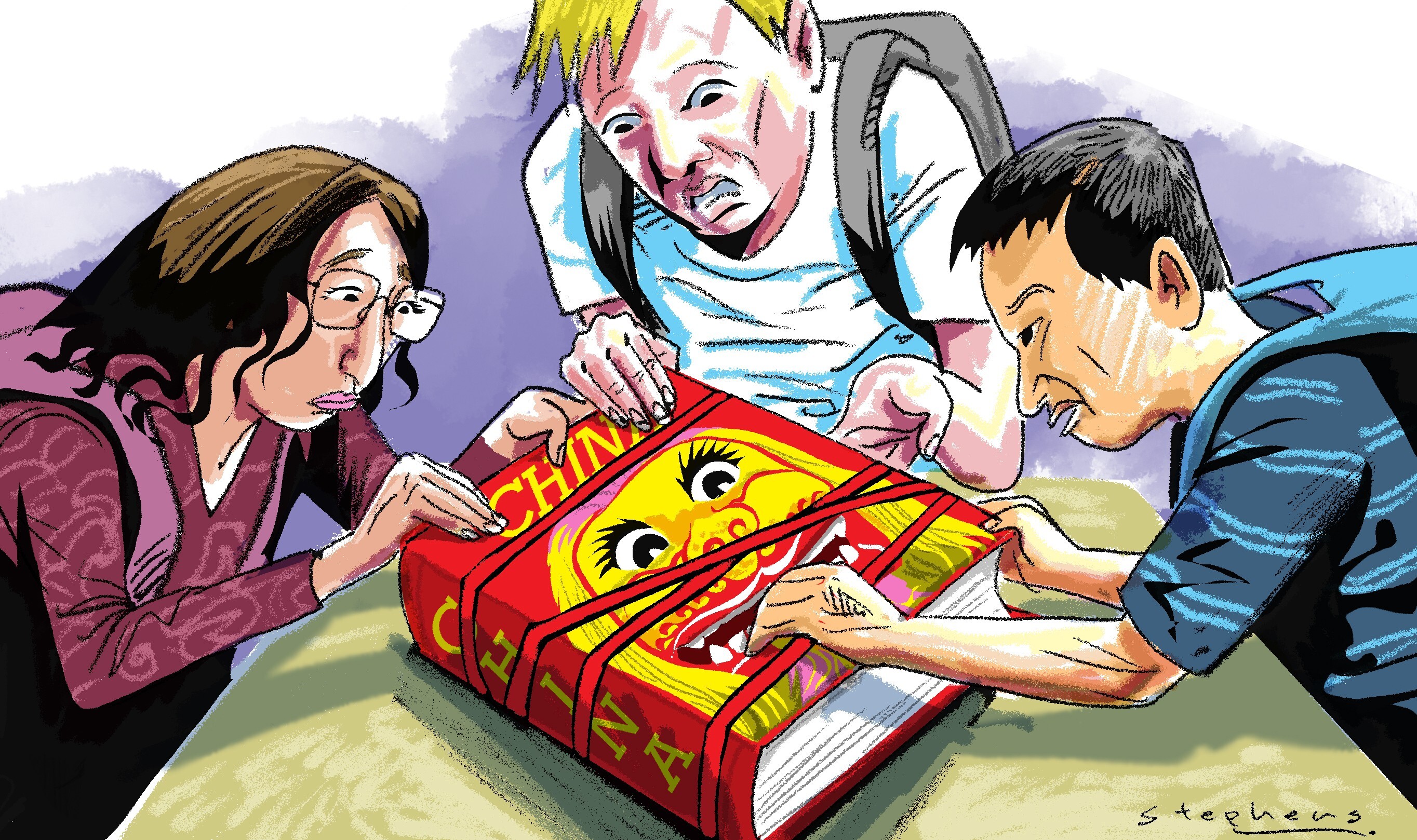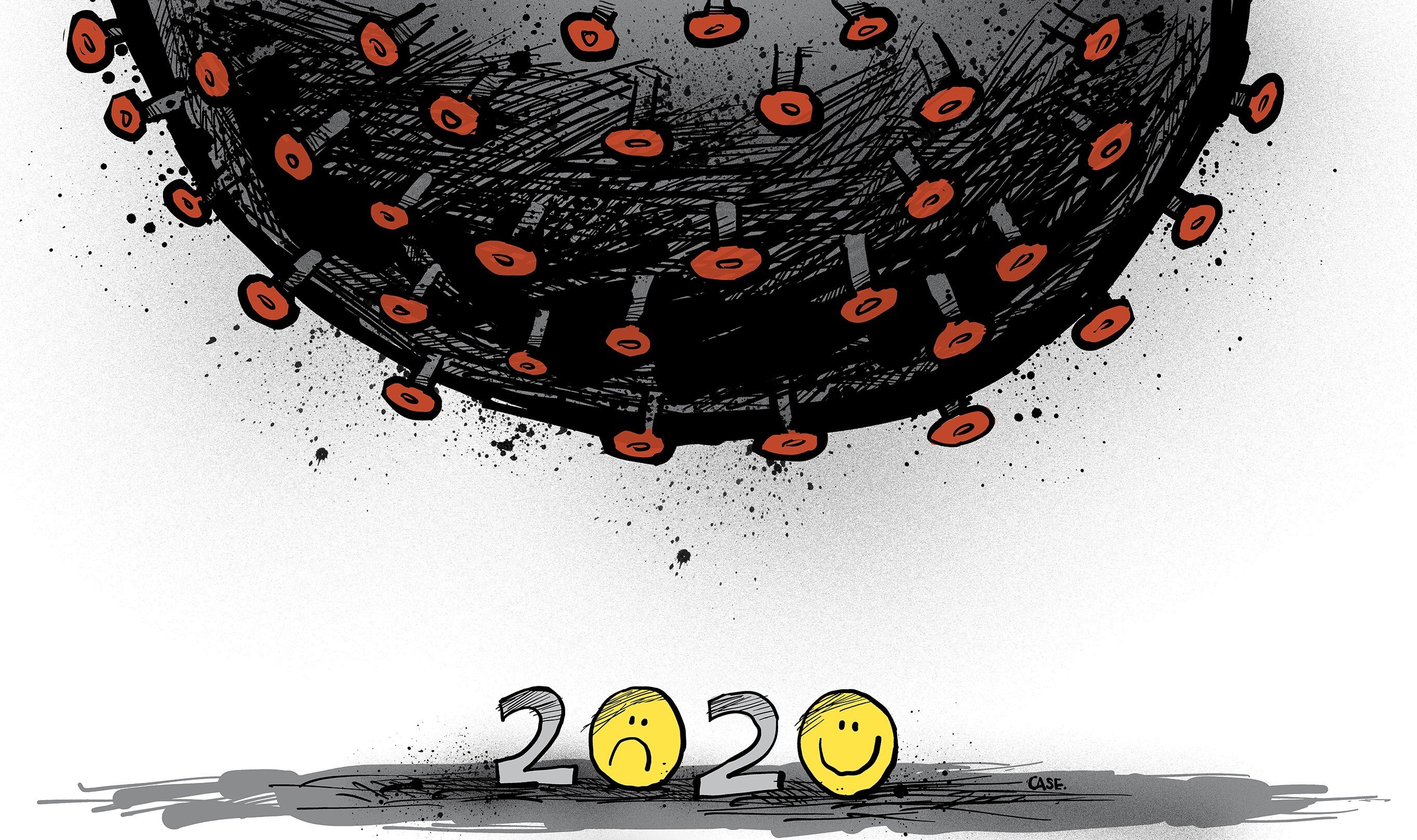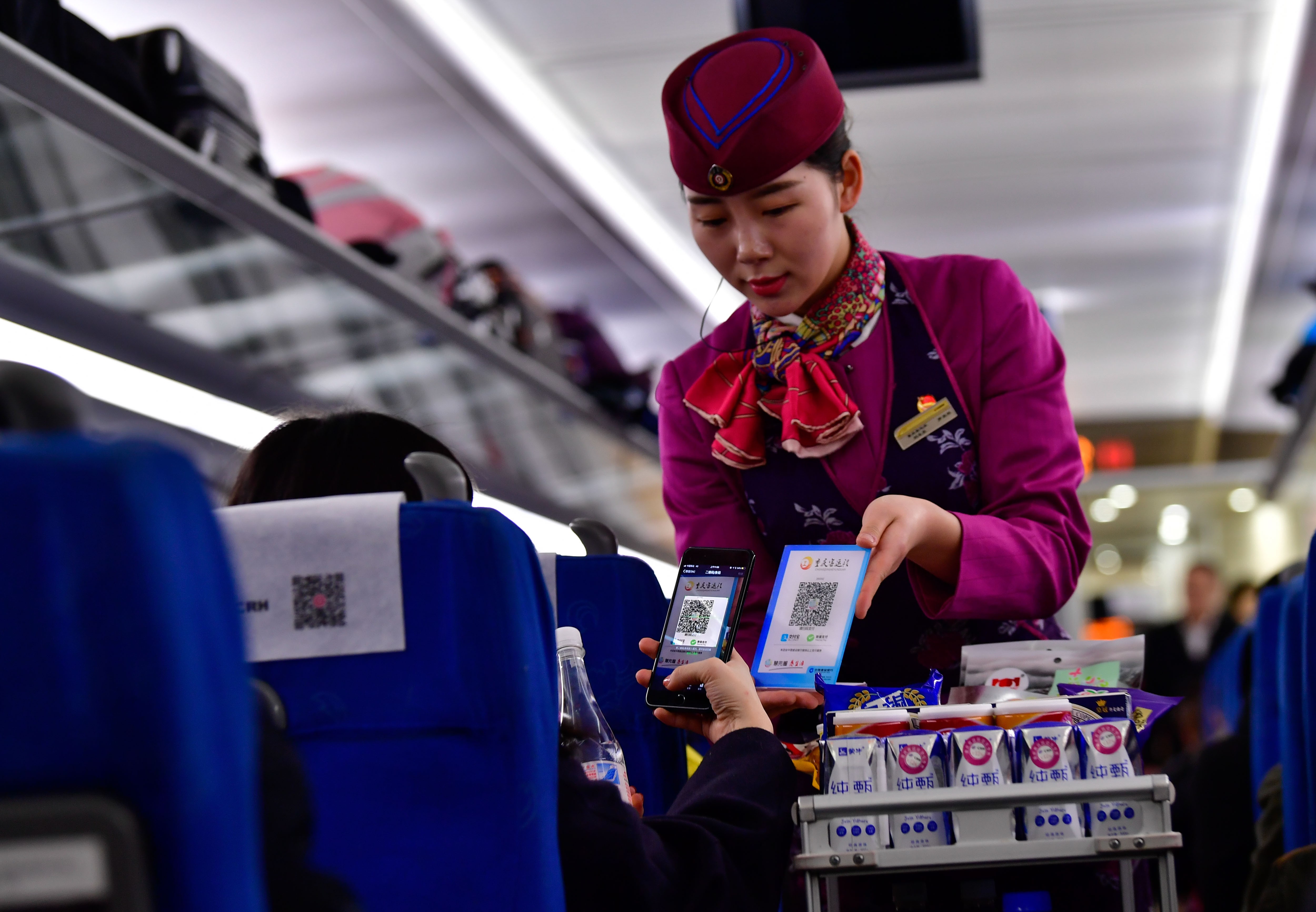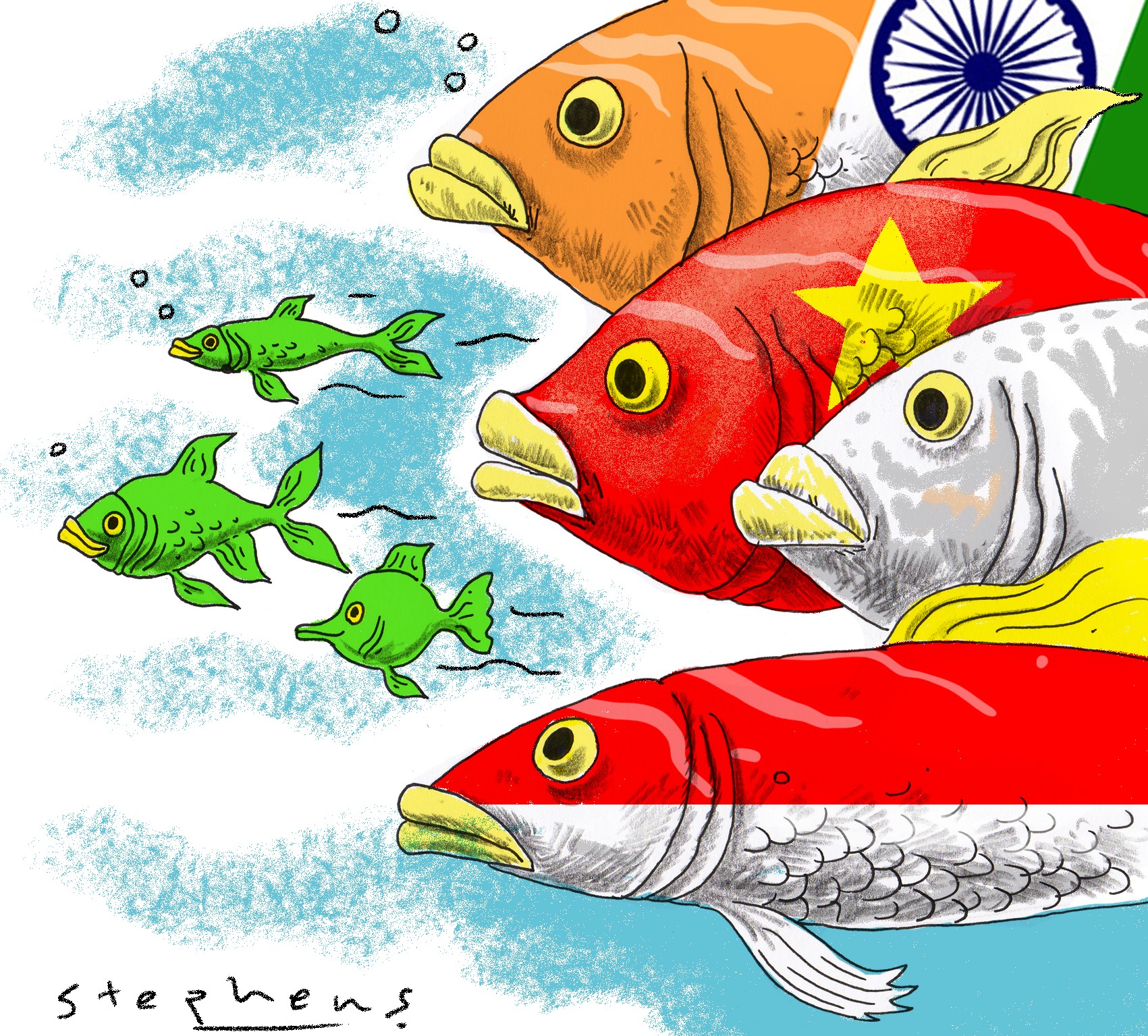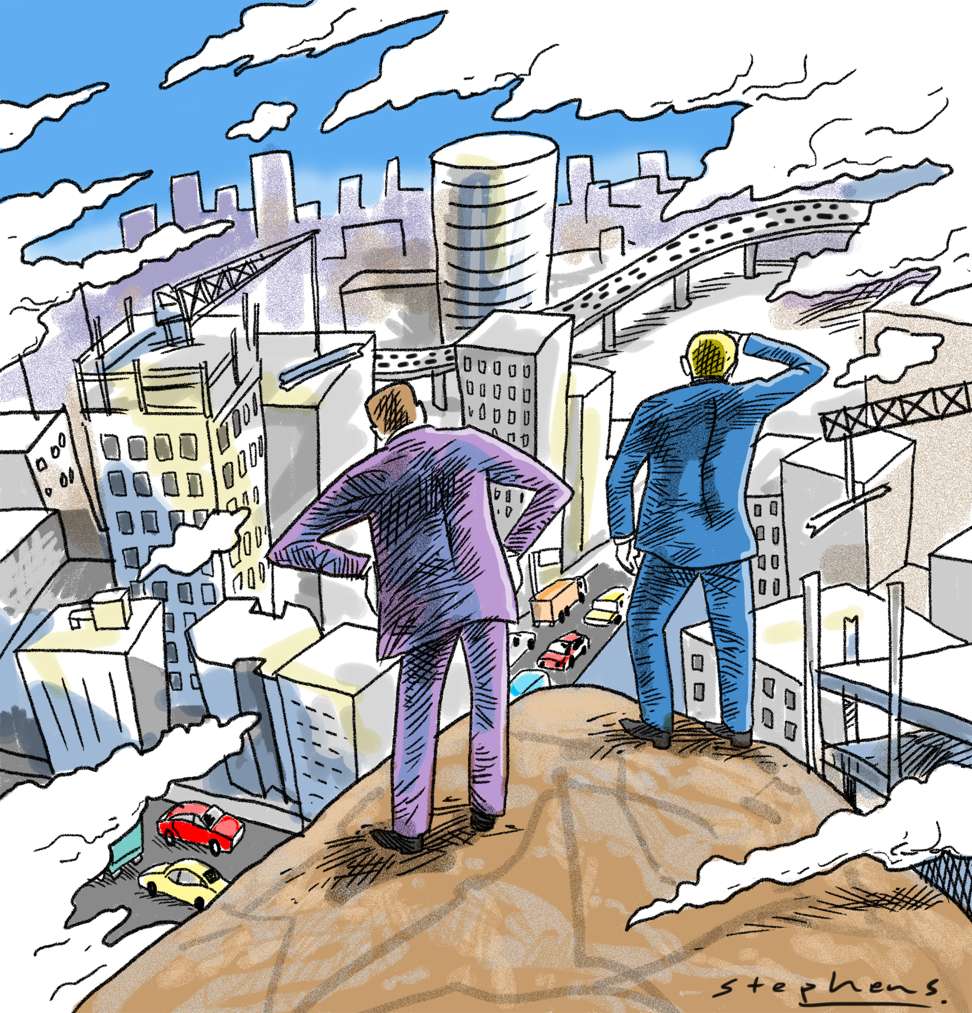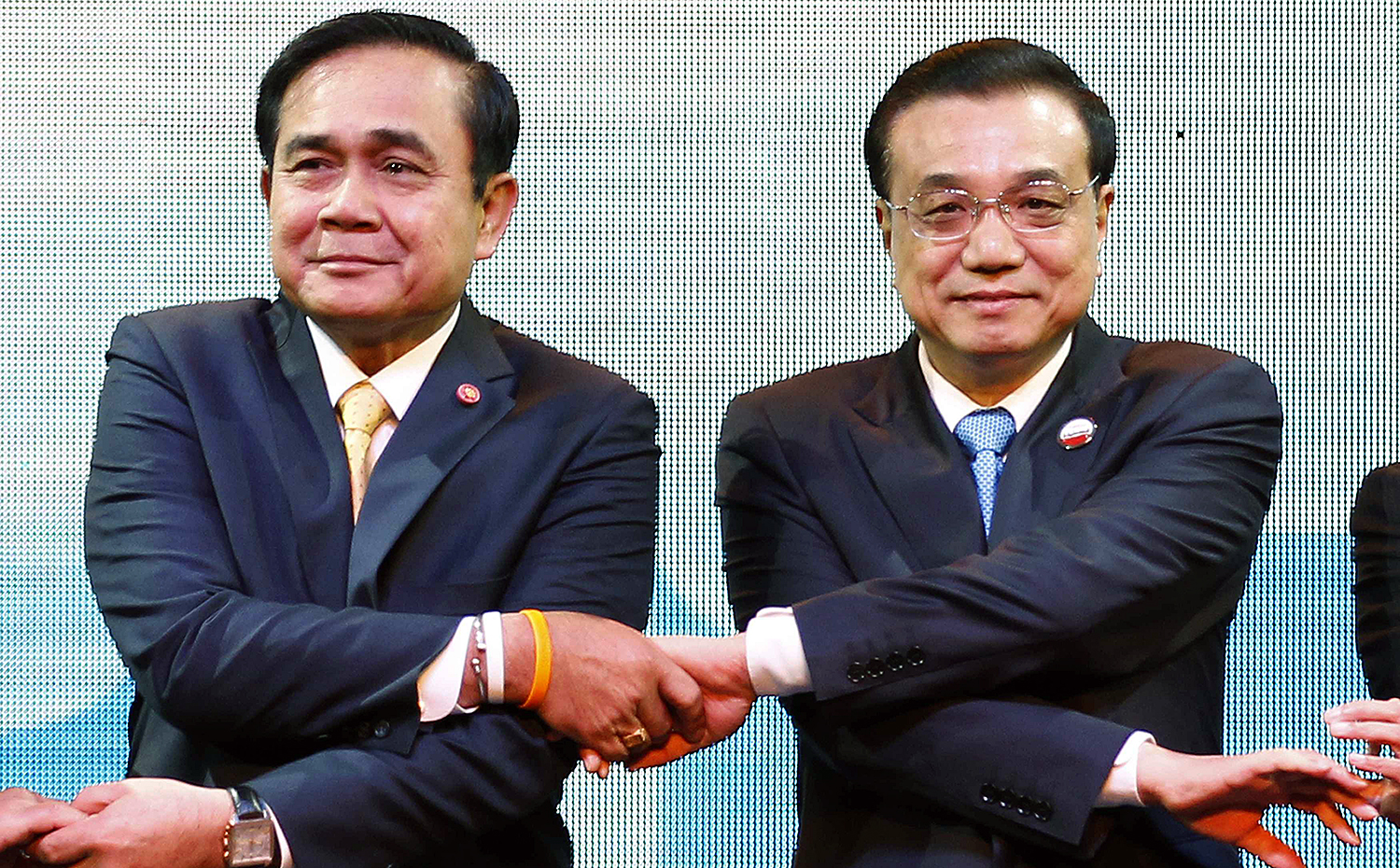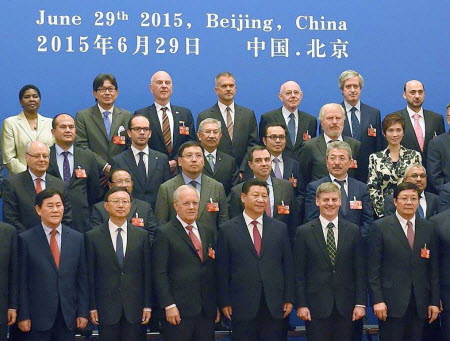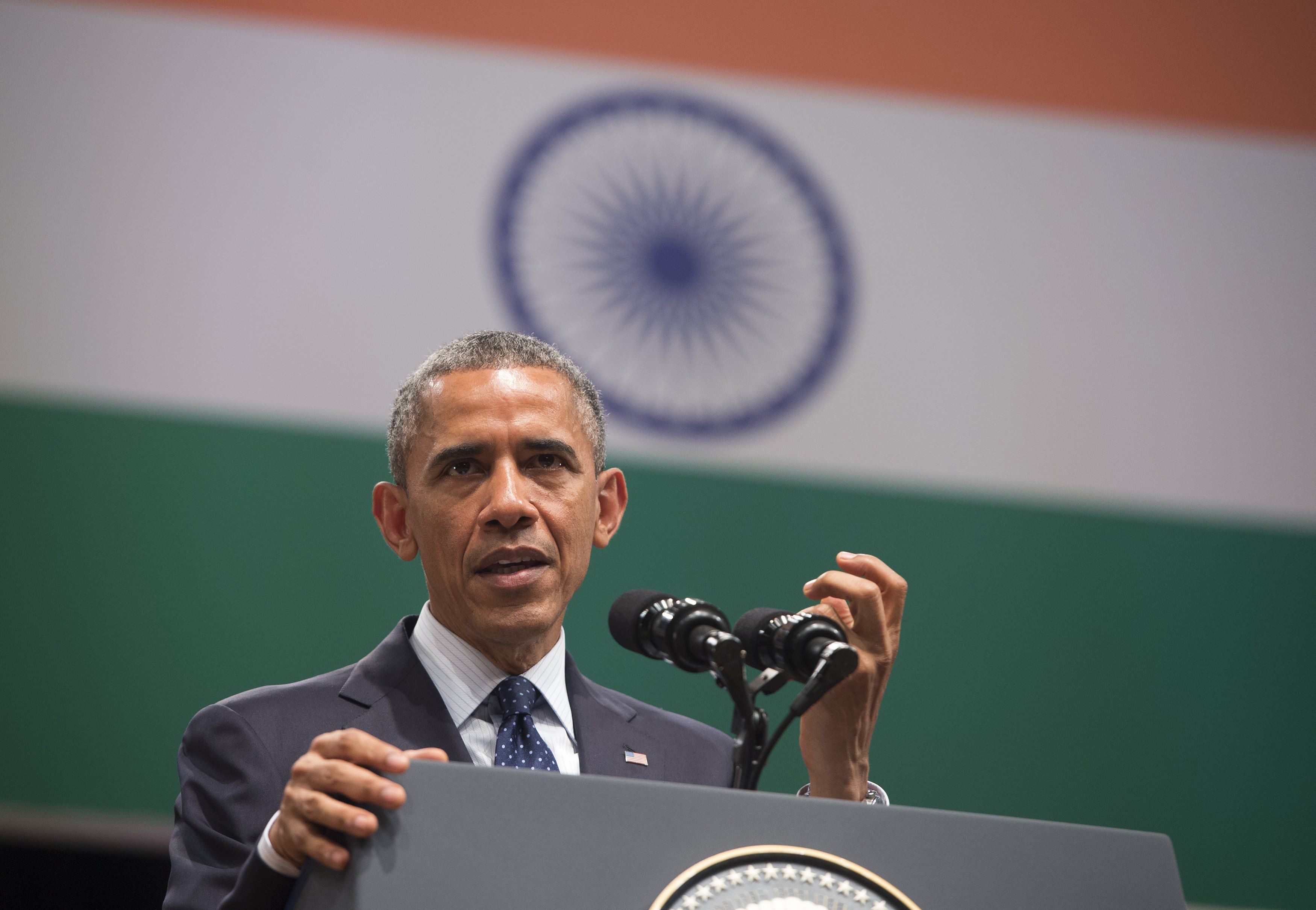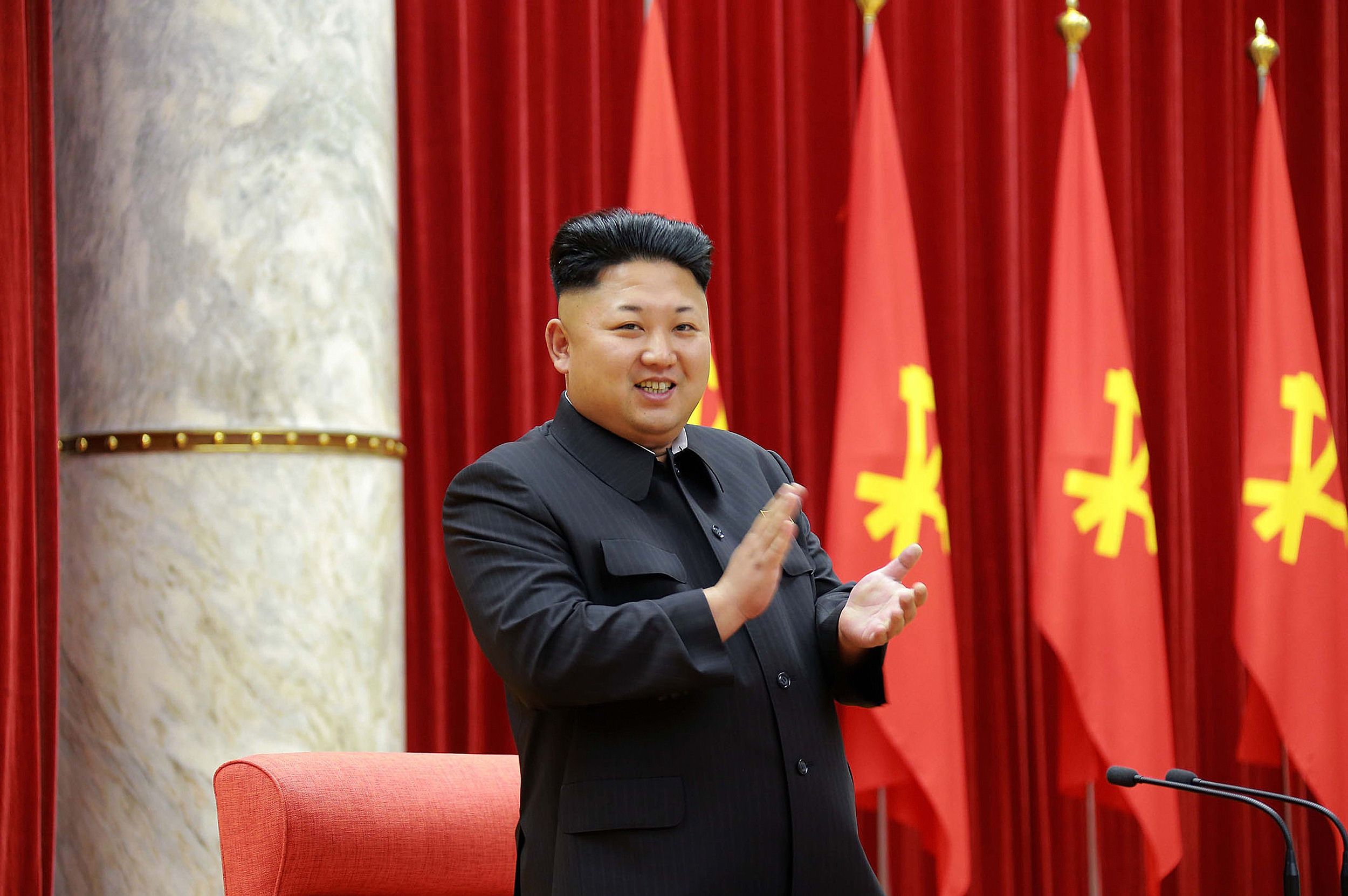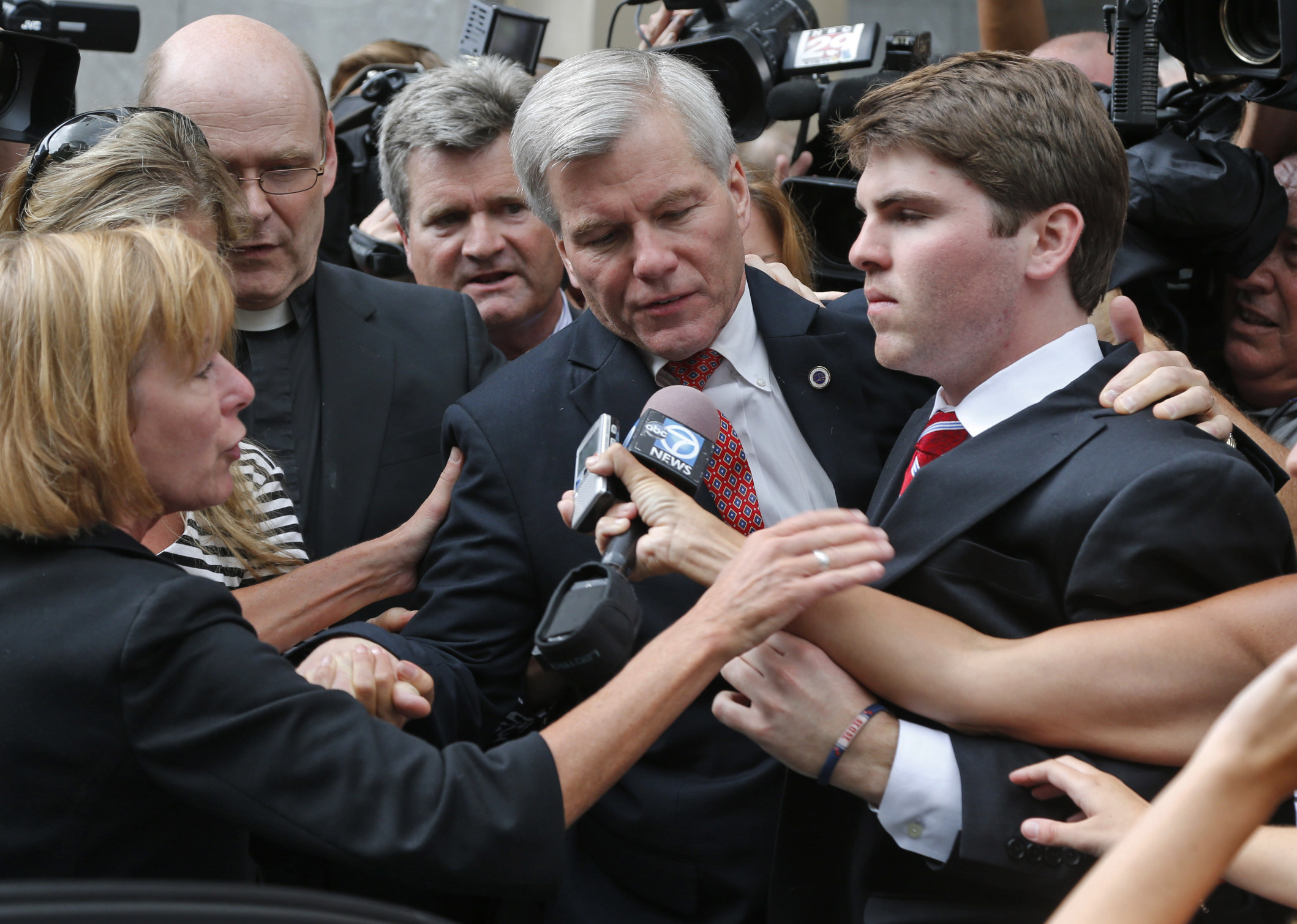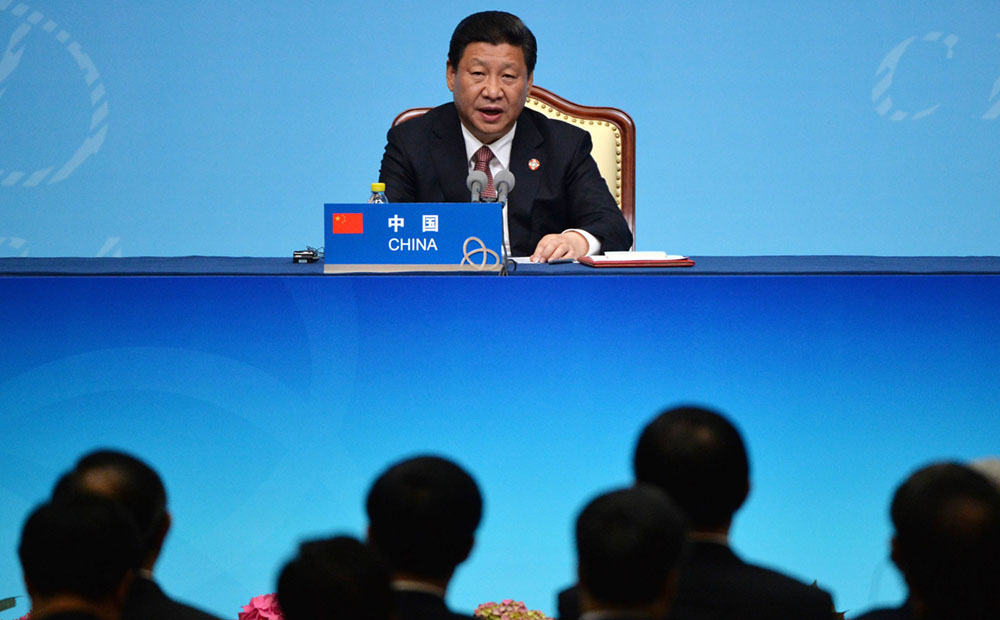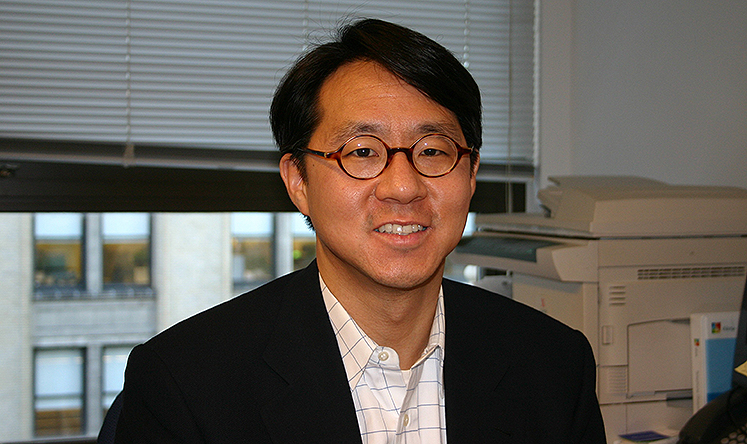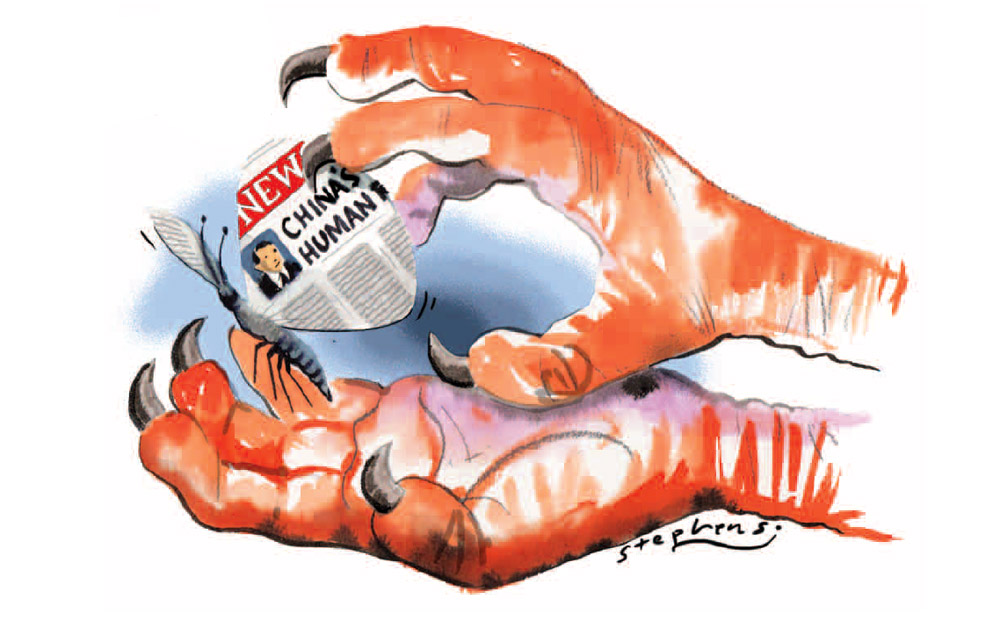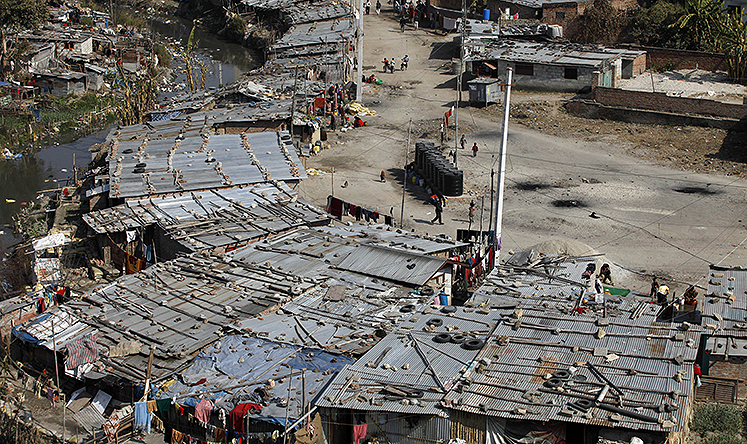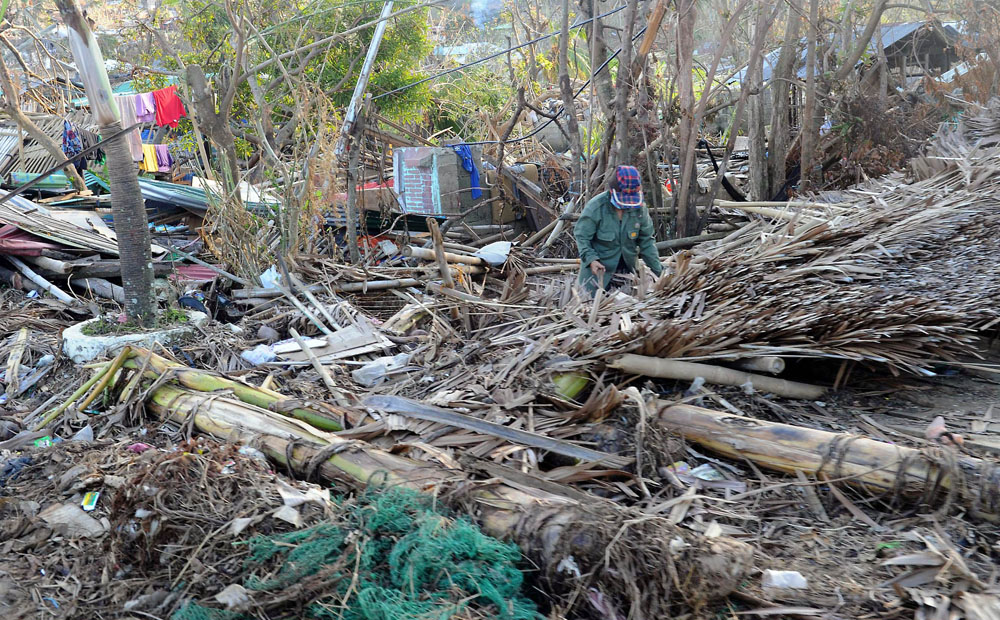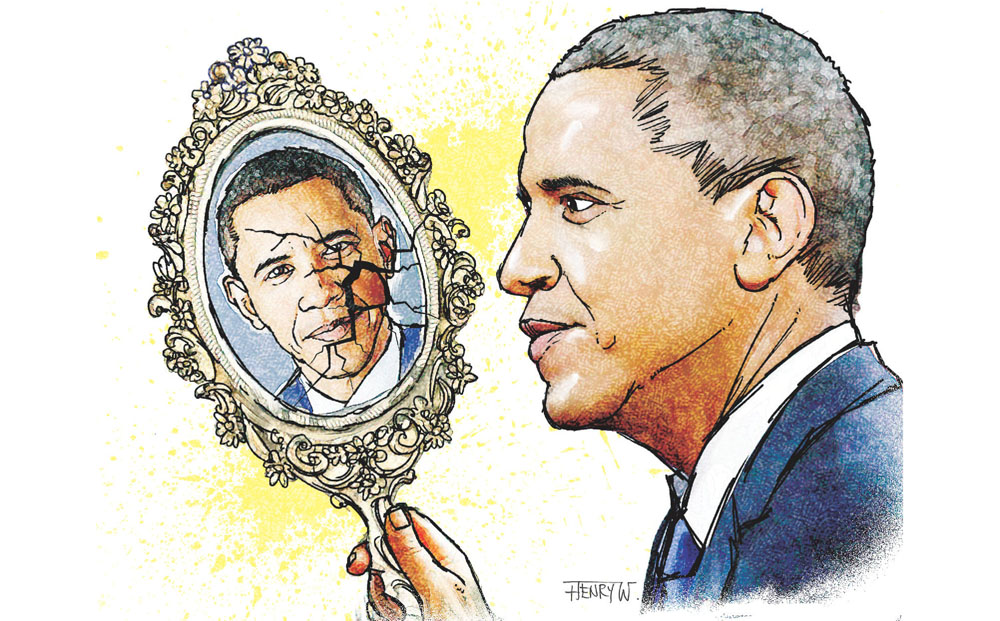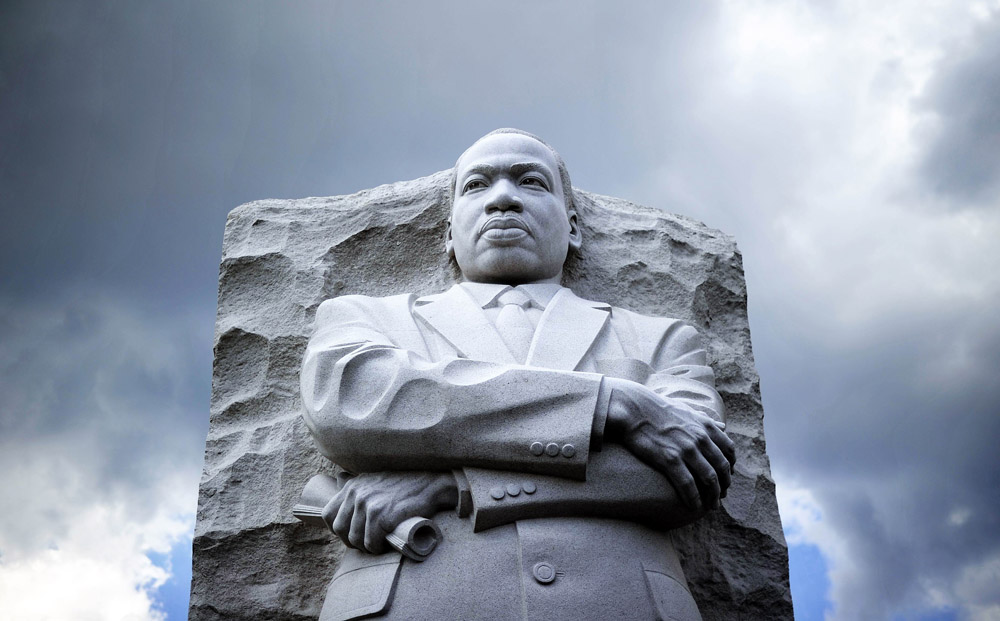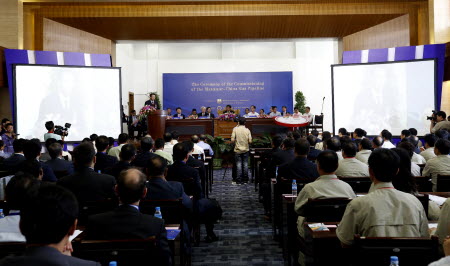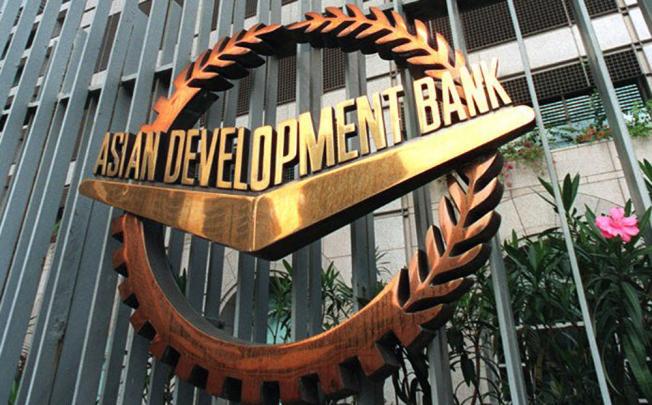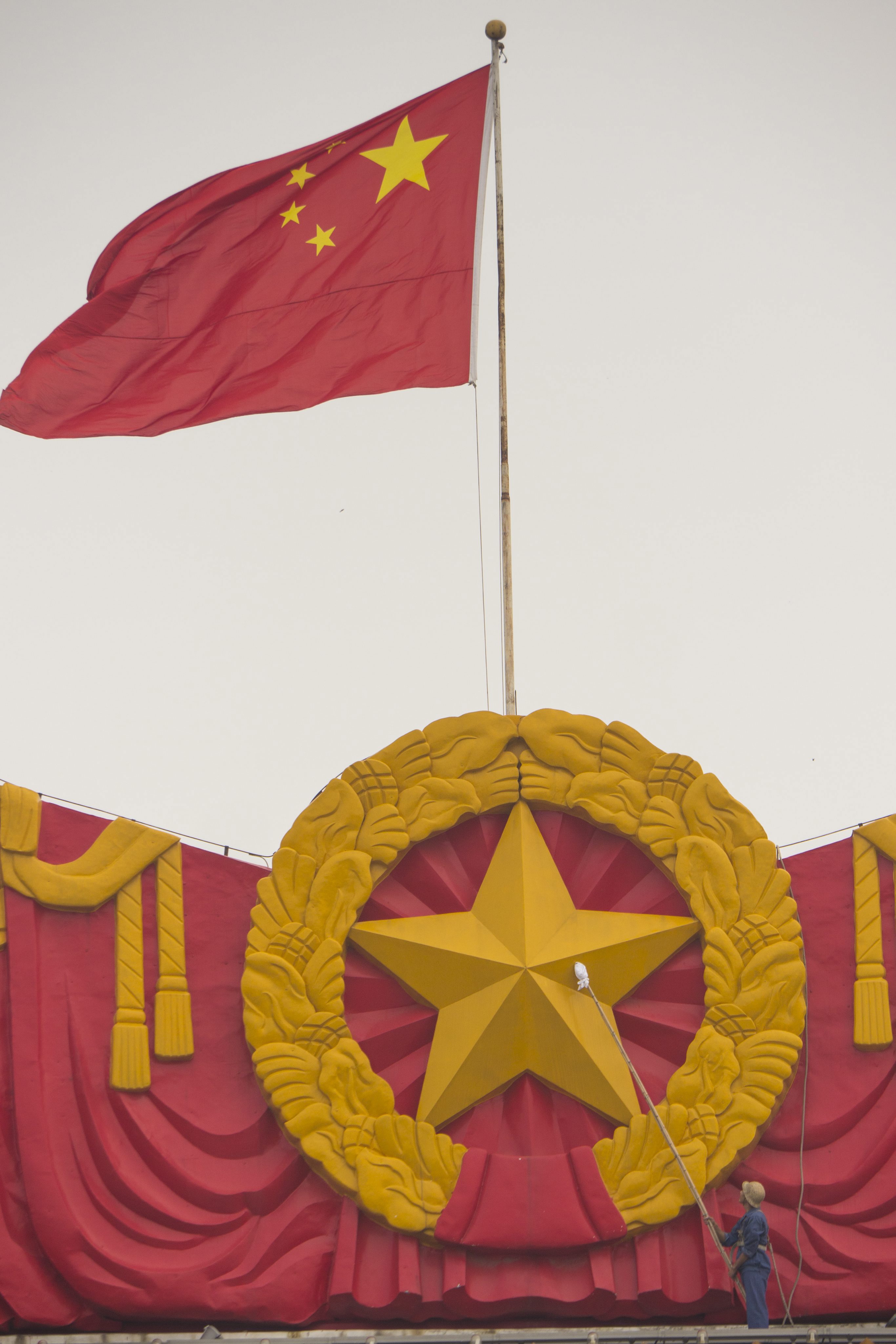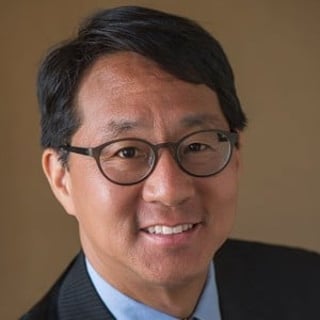
Cold War rhetoric was the real winner of 2021 amid shifting US-China relations, Olympic highs and lows and the rise of Southeast Asia’s fintech sector. The year, however, brought hardship to many of Afghanistan’s women and girls.
Even as the Academy recognises Asians, we must not ignore the fact that, amid coronavirus and a virus of hate, Asian stereotypes remain insidious. A connecting line can be drawn from the images Hollywood has created of Asians as perpetual foreigners to the all-too-real news images of attacks on Asians.
Beijing’s strict policies, part of its war on Covid-19, have affected thousands of international students hoping study in China. Online learning can never replace the hands-on experience and cultural understanding from studying in another country.
2020 was great for Tsai-Ing Wen and Jacinda Ardern, good for e-commerce, mixed for Xi Jinping and his belt and road ambitions, bad for the WHO but absolutely the pits for Asia’s poor.
Blockbuster film raises some issues about stereotypes, but it should be enjoyed for what it is – a story that matters.
Financial innovation should be assessed based on the impact it has on the lives of ordinary people.
Kim Jong-un and Xi Jinping saw their powers expand in 2017, while the Rohingya Muslims, Aung San Suu Kyi’s reputation and opposition parties across the region suffered setbacks.
While the region’s fate may rest largely on the major powers, to truly prosper, Asians must pay attention to such ‘small state ideas’ as a commitment to a more sustainable and more representative society
From celebrations in united Germany marking the 25th anniversary of the Berlin Wall's fall to those in the United States over midterm elections delivering a more evenly divided Washington, what a week it has been for division, past and present.
In recent months, Chinese consumers have seen US companies in China come in for government criticism, if not outright attack, for food safety, price fixing and other unsavoury practices.
A small but powerful exhibition on Manhattan's Upper East Side is helping to mark the 75th anniversary of the outbreak of the second world war - at least from a US perspective. But, like the best exhibits, the presentation of past events takes on new meaning in the context of an evolving world.
Having an "Asian" face with a "US ambassador" title, I have often been asked where I am really from. Or, perhaps more politely, just how many generations back did my family emigrate from Asia to the US?
When the Hong Kong government tersely announced this week that the central government had decided to change the location and timing of a key meeting of Apec finance ministers from Hong Kong to Beijing this September, the rumours began to fly.
Frankly, it need not be moon versus mountains. As Asia looks skyward to the tremendous success of China's 20-year-old, multibillion-dollar space programme, much more needs to be done here on earth to bring business growth to some of the highest parts of Asia and the Pacific, a region still home to the vast majority of the world's poor.
Like so many others, I have seen the media reports of death and destruction that emerged from the Philippines in the wake of Super Typhoon Haiyan. The initial estimates of the damage were horrendous, but some figures, including the number of estimated fatalities, have mercifully gone down.
In English, it's "face". In Korean, it's chae myun. And, for those of us who work in China, we know it as mianzi.
On my last trips to Hong Kong and Singapore, everyone seemed to have an anecdote or a complaint about mainland Chinese tourists. Subways were too crowded. Real estate prices were skyrocketing. Designer boutiques were ignoring local shoppers in favour of poorly behaving, but renminbi-wielding visitors. Some seemed to take on the status of urban myth.
With natural gas flowing this month through a controversial Chinese-backed pipeline project connecting resource-rich Burma with energy-hungry China, there remains a clear message to the US and others seeking to expand business relations with the once pariah nation.


